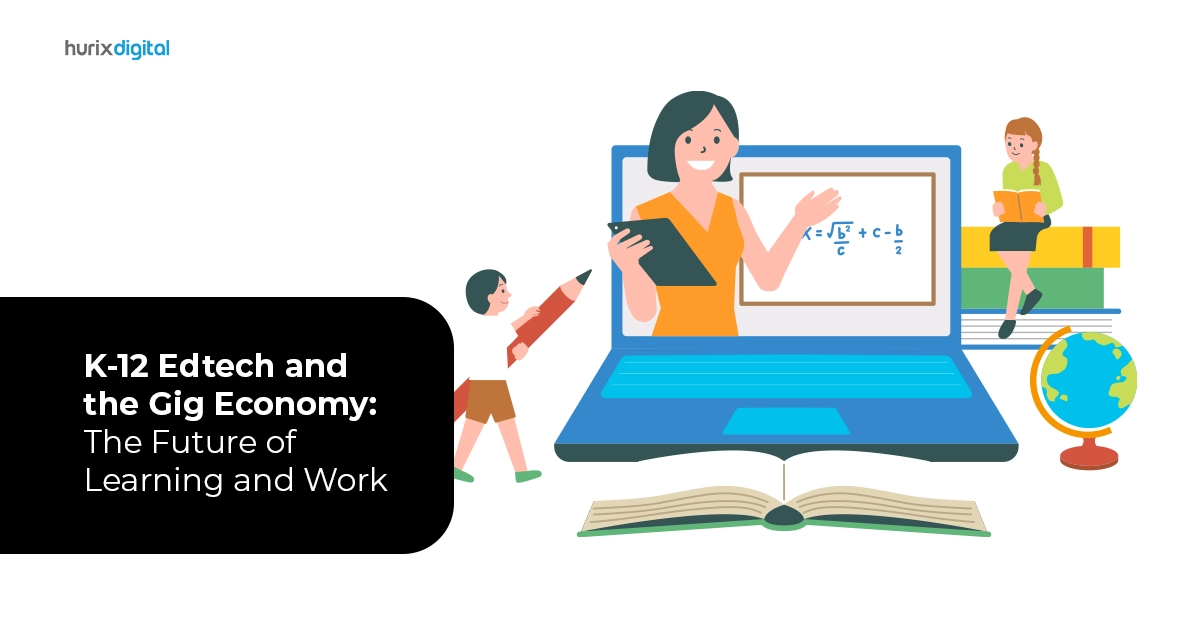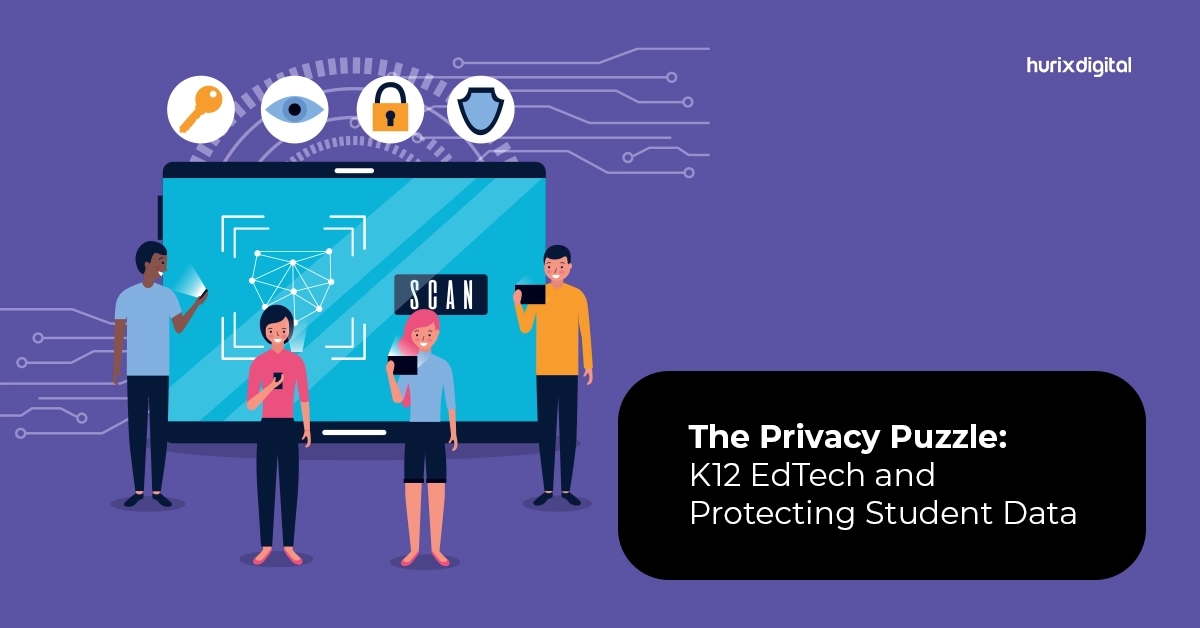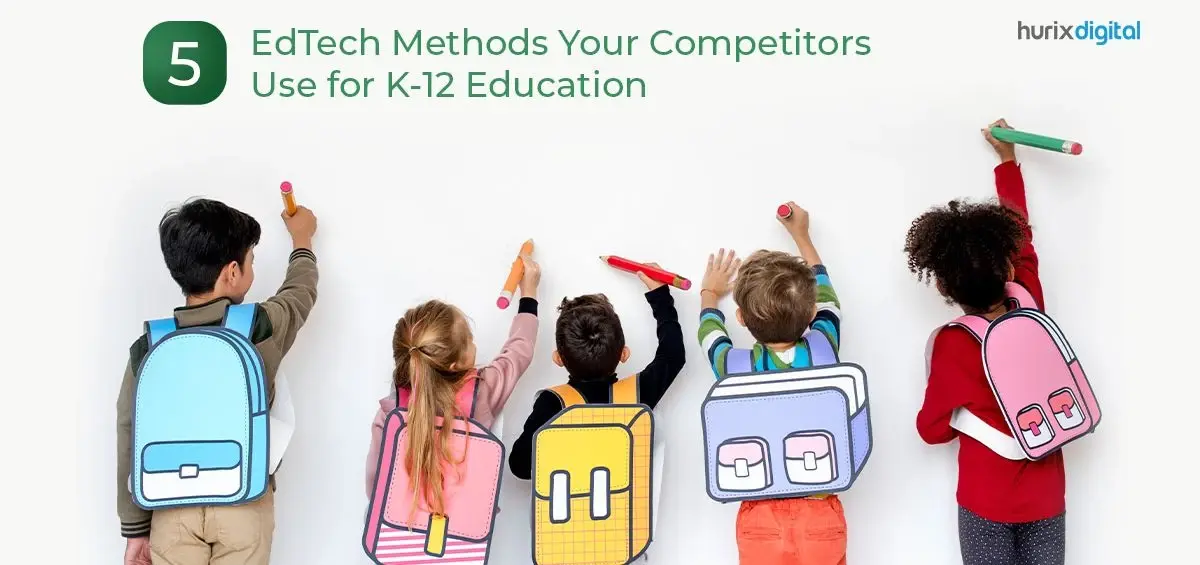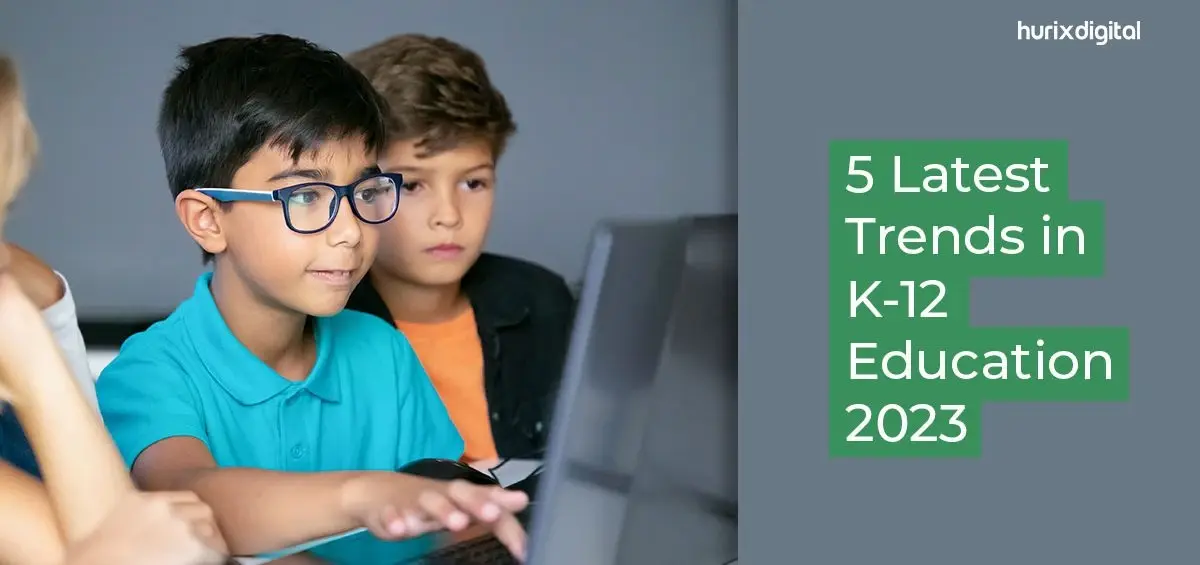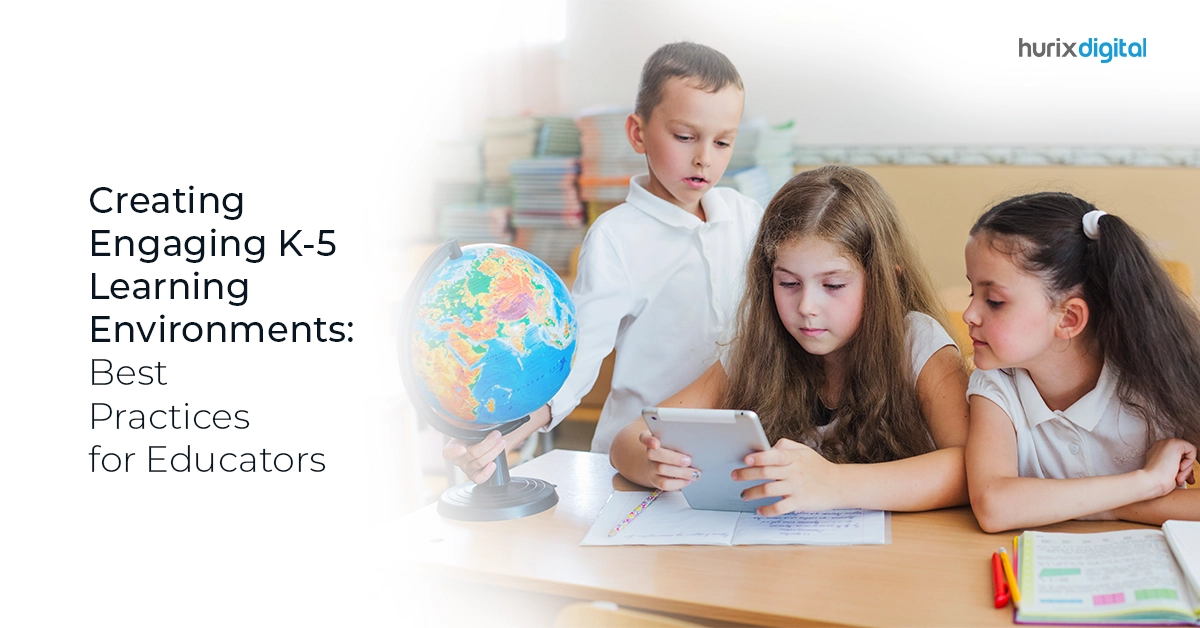Summary
The blog discusses how EdTech has revolutionized online education through innovative methods like audio-visual tools and digital platforms, benefiting students, tutors, and firms via the gig economy, though not without challenges. It explores blended learning, pros and cons of the gig economy, and whether digital platforms benefit students.
EdTech has brought in a revolution in online education over the past years. It has carried along a paradigm shift in the traditional education system. EdTech solutions came up with innovative methods like audio-visual E-learning tools and interactive digital learning platforms that redefined the entire ecosystem of education.
To top it all, the forced push towards online education, post-COVID-19, has accelerated the use of technology in K-12 Education even further. Many students and tutors are willing to learn and work from the comfort of their homes now. This flexibility as well as the independence it brought consolidated the path ahead for the gig economy in Ed-Tech.
In this blog, we will understand what blended learning is, the role of K-12 Edtech and the gig economy, its pros and cons, and whether digital learning platforms are beneficial for students or not.
Table of Contents:
- What is Blended Learning in K-12 Education?
- Analyzing the Gig Economy in Education
- Are Digital Learning Platforms Beneficial For Students?
- To Sum Up
What is Blended Learning in K-12 Education?
K-12 education or education for students from Kindergarten to 12th grade, has been positively disrupted by the introduction of Blended Learning in recent years. Blended learning, as the name suggests is a blend of traditional, in-person, classroom-based learning along with access to advanced interactive, virtual tools.
It enriches the classroom-based learning with the inclusion of technology-based learning. It is sometimes also called hybrid learning.
Also Read: 5 Ways AI Analytics Can Supercharge Your Educational Strategy Right Now!
Analyzing The Gig Economy in Education
The gig economy is a free market where companies can hire an independent workforce for a contract-based job, generally for a short period. Freelancers, contractual teachers, musicians, artists, and part-time professors all fall under the category of gig workers.
According to McKinsey, in 2022, 36% of American employees contributed to the gig economy. Quite naturally, online freelance platforms saw a significant rise in signups over the years. Tutoring tends to be very popular out of all the gigs.
Edtech companies rely more on the gig economy rather than the traditional recruitment of teachers. But is it a viable way forward for the companies or the teachers?
Let us break it down into two perspectives — the employers and the tutors. Now let us analyze these scenarios.
1. How Can The Gig Economy Benefit Edtech Firms?
Edtech can help employers in several ways. Let us look at them point-wise.
- Employers don’t need to hire a full-time employee and pay a heavy salary to the tutors.
- Employers don’t need to incur additional costs like providing social security, health insurance, pension funds, etc.
- Employees can choose from a wide range of applicants across the world without being constrained by geography.
- If an employee proves to be less effective, the employers are not bound by any long-term contracts to keep them on board.
- Employers can cut down their investment in office buildings, electricity, internet costs, assets, and infrastructures. They hire freelancers who can work from their suitable environments with their assets.
2. How The Gig Economy Can Benefit Tutors in Ed Tech
For freelance tutors, it can be a win-win scenario as well. Let us look at some of the advantages that tutors can benefit from this gig economy:
- Tutors can do multiple jobs simultaneously without being charged with moonlighting.
- The tutors can work from anywhere, be it the comfort of their home or a space that enhances productivity.
- Daily routines can be set according to their convenience, and they have flexible working hours.
- Tutors working remotely can have better work-life balance by leveraging flexible scheduling, remote tools, and tailored learning approaches.
- There are no geographical barriers. One can teach students from across the globe, thus significantly widening their scope of opportunities.
3. The Challenges of the Gig Economy
Although there are several pros of the gig economy in EdTech, it also comes with some challenges.
- For some tutors, the flexibility in timings can disrupt their sleeping patterns and daily activities.
- Unemployment insurance doesn’t cover freelancers and hence there is no backup option for the tutors. They need to keep looking for students constantly.
- One of the biggest challenges in the gig economy is to keep getting constant work for freelancers. The same applies to the tutors.
- It lacks the security of a steady job or pay.
- Due to the fluid nature of the gig economy, long-term trust and relationships are somewhere lacking between the employer and the tutor. This can be a concern for both parties.
Are Digital Learning Platforms Beneficial For Students?
For the students, Edtech has mostly been a boon. It came with several advanced learning methods due to the rapid advancements in technology. Students tend to understand better with the latest audio-visual graphics. They interact better and find studying more interesting with the use of gamified learning apps.
Let us look at some of the benefits that students can reap from Edtech platforms:
- Interactive Learning Methods: With the advent of gamified learning apps and virtual labs, students tend to interact and understand concepts better. These can enhance their critical thinking abilities and stimulate curiosity in their young minds.
- Customized Learning: With the help of AI-driven algorithms it is easier to assess the progress of a student. Accordingly, they can customize the pace and learning modules for each student differently.
- Data-Driven Insights: Edtech platforms provide valuable data analytics that can help tutors and administrators assess the strengths and weaknesses of the students. Tutors can then accordingly choose their action plan to help the students based on the insights.
- Empower Teachers: The teachers get access to various digital resources. They get teaching aids and can create their lesson plans for students, thus enriching the learning experience further.
- Breaks Geographical Barriers: EdTech helps break geographical barriers. One can learn from anywhere, irrespective of their surroundings.
Also Read: Top 10 Roles of AI in Skill Development in Higher Education
To Sum Up
The future of learning and work in the K-12 Edtech space is undoubtedly shaped by the gig economy, ushering in opportunities for personalized learning and flexible work arrangements.
While embracing this shift, it’s vital to prioritize equity, ensuring that all students have access to quality education regardless of socioeconomic status. This balance of innovation and inclusivity will define the future landscape of K-12 Edtech and the gig economy.
If you are an EdTech firm owner or a tutor looking to create your own Learning Management System, look no further than Hurix Digital. Hurix Digital comes with years of expertise in designing K-12 e-learning platforms globally. Our content is mapped to a global curriculum and can be accessed in multiple languages. We can also develop digital content customized to your specific requirements.
Contact us today to know more.


